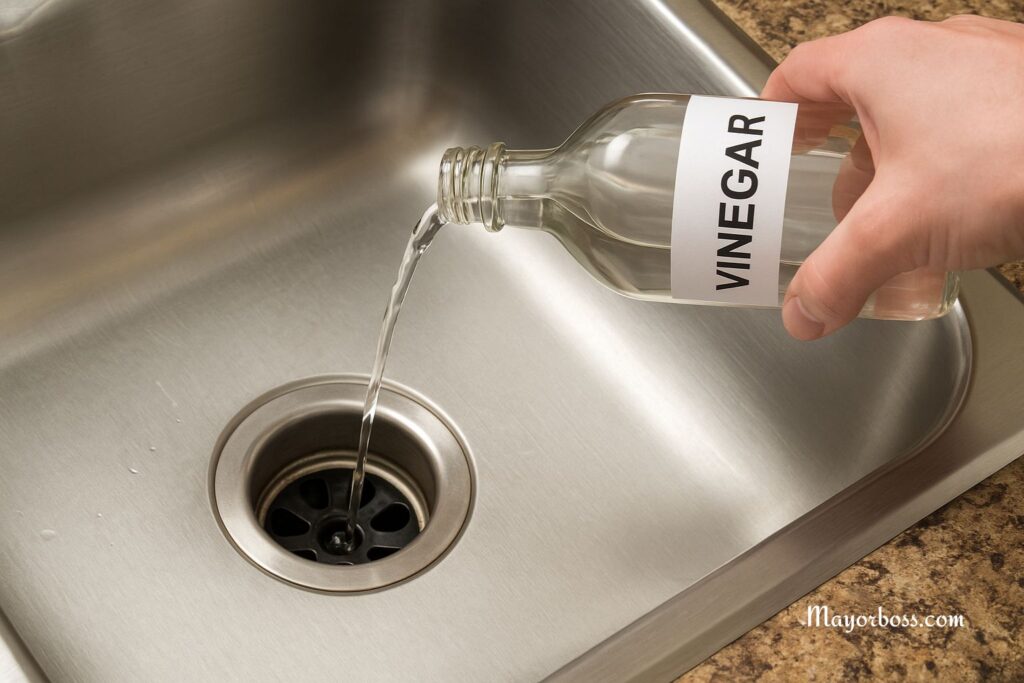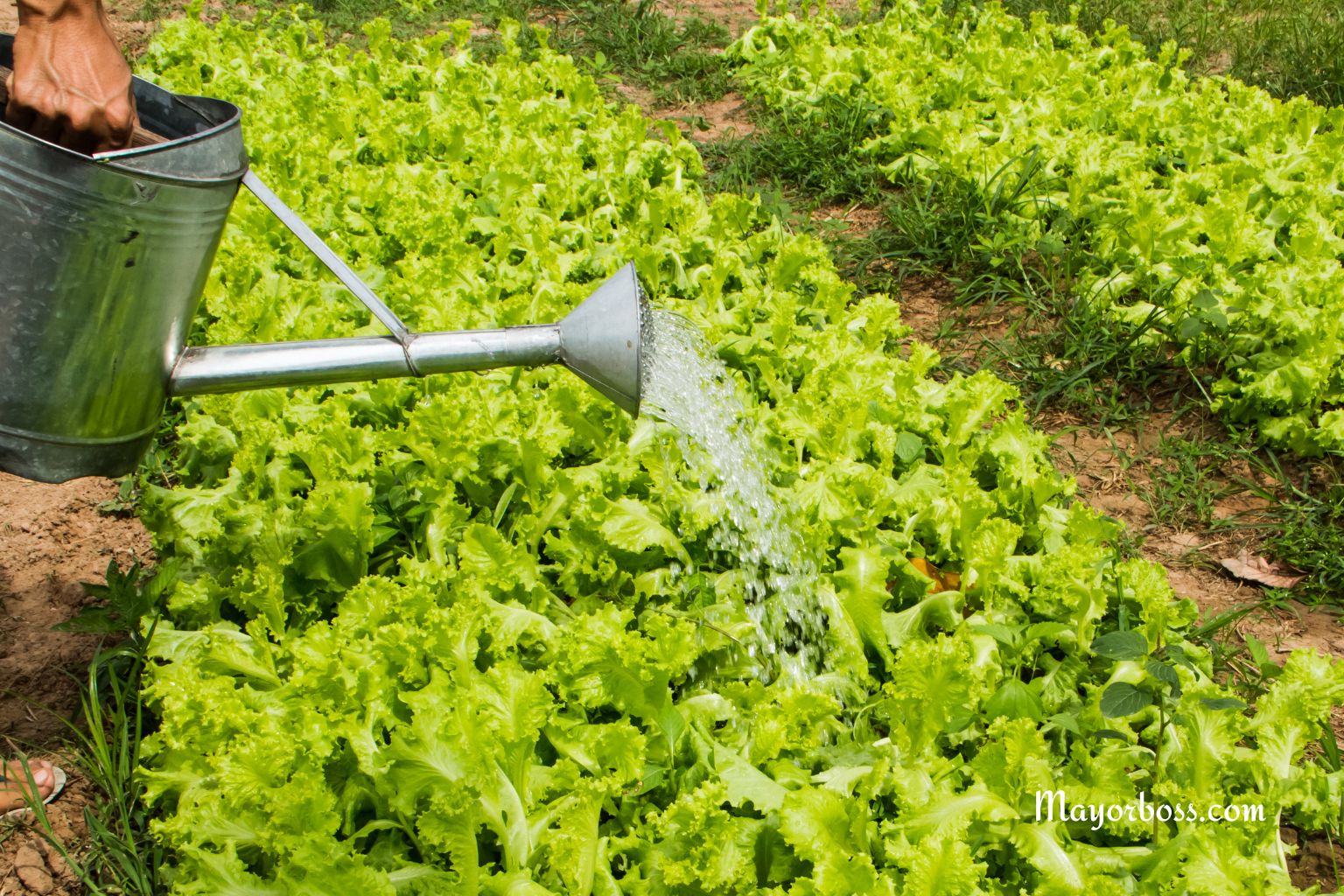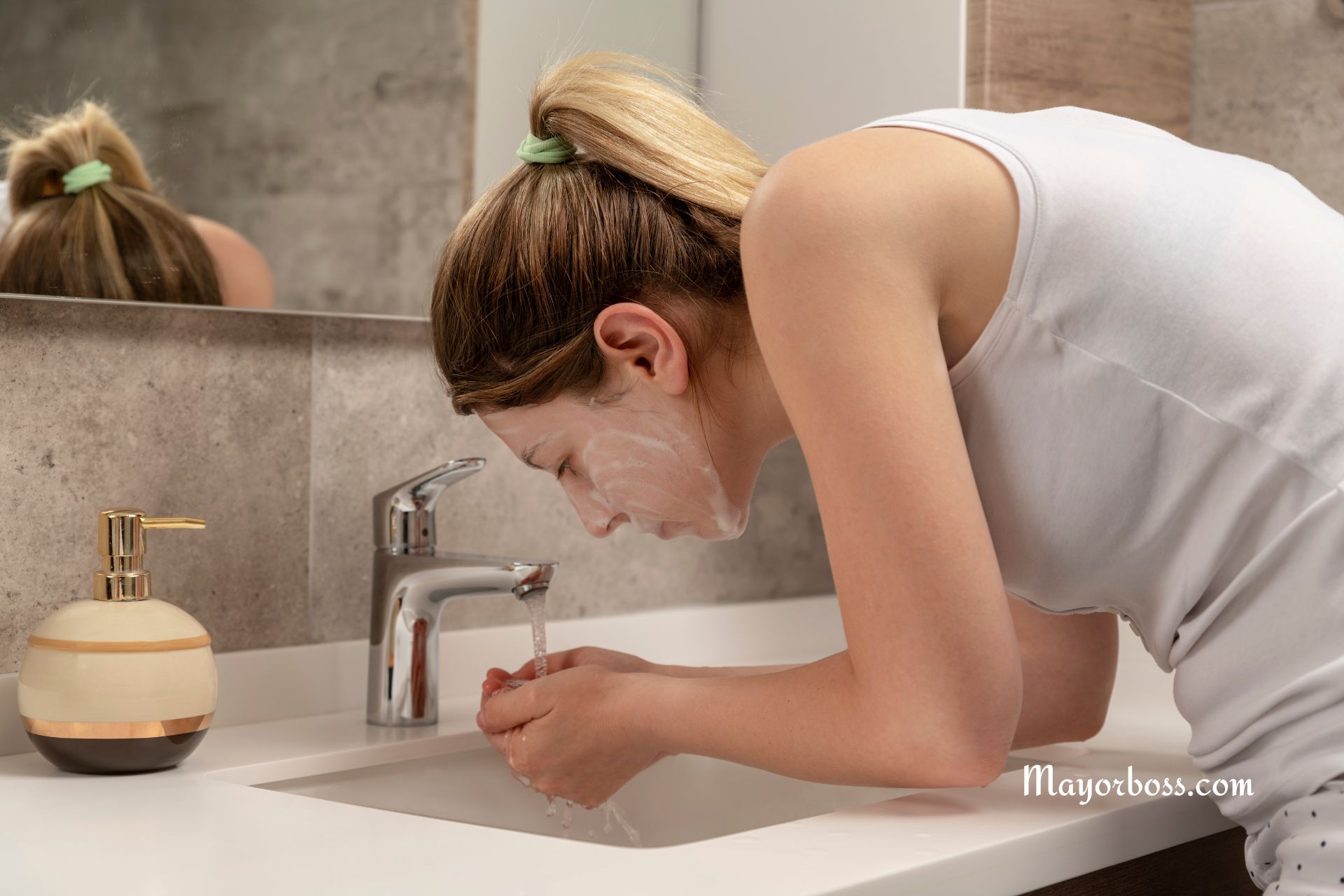Why You Should Pour Vinegar Down Your Sink Every Week: The Secret That All Plumbers Keep Quiet About
Pouring vinegar down your sink once a week helps keep your pipes clean, prevents clogs, and reduces bad smells. This simple habit can save you from costly plumbing problems and keep your kitchen fresh.

Why Kitchen Sinks Get Clogged So Easily
If you’ve ever stood over your kitchen sink, waiting for the water to drain, you know how annoying a slow or clogged sink can be. Most clogs happen gradually, not all at once. Grease, soap scum, food scraps, and even coffee grounds can build up inside your pipes. Over time, this sticky residue narrows the pathway, causing water to drain slowly or back up completely.
Many people try to fix this by pouring harsh chemicals down the drain. While these can work, they’re tough on your pipes and the environment. Plus, the fumes are not safe to breathe.
The Secret Power of Vinegar
What if I told you that a natural, gentle liquid sitting in your kitchen can do the job just as well, without the risks? That’s right: vinegar. White vinegar has been used for decades to clean and freshen up homes, and plumbers have long known its value for maintaining clear pipes.
Vinegar is acidic, which means it can break down the sticky residue and gunk that collects in your drain. Unlike commercial drain cleaners, vinegar won’t damage your pipes or create dangerous fumes. It’s a safer, smarter choice for regular maintenance.
How Vinegar Keeps Your Sink Smelling Fresh
Food scraps and grease can leave behind an unpleasant odor. If you notice a musty or sour smell every time you walk past your sink, that’s a sign of buildup inside your drain. Pouring vinegar down the sink each week helps break down the organic matter that causes bad smells, leaving your kitchen fresher.
How to Use Vinegar for Your Sink
This method is simple, safe, and only takes a few minutes. Here’s how to do it:
- Boil Water: Start by boiling a kettle of water. Pour half of it down the drain to help loosen any buildup.
- Add Baking Soda: Sprinkle about half a cup of baking soda down the drain. Baking soda works with vinegar to create a gentle fizzing reaction that lifts debris.
- Pour Vinegar: Pour one cup of white vinegar down the drain. You’ll hear fizzing and bubbling—that’s a good sign.
- Wait: Let the mixture sit for about 10–15 minutes. This gives it time to break down grime and neutralize odors.
- Rinse: Pour the rest of the hot water down the drain to flush everything away.
Most plumbers know that regular maintenance prevents bigger (and more expensive) problems later. By pouring vinegar down your sink each week, you can avoid the thick buildup that leads to stubborn clogs. You’ll also reduce the risk of pipe corrosion caused by commercial chemical cleaners.
“If everyone cleaned their drains this way, I’d have fewer emergency calls. Vinegar is cheap, safe, and surprisingly effective.”
When Vinegar Alone Isn’t Enough
If you already have a stubborn clog, vinegar and baking soda may not fix it overnight. In that case, you might need a plunger, a drain snake, or professional help. But as a regular habit, using vinegar keeps your pipes clean and prevents most problems before they start.
Other Benefits of Weekly Vinegar Use
- Reduces Bacteria: Vinegar helps lower the number of germs living in your drain.
- Eco-Friendly: Vinegar is biodegradable and much safer for the planet than chemical cleaners.
- Safe for All Pipes: You can use vinegar in sinks with metal, PVC, or older pipes without worrying about damage.
Common Mistakes to Avoid
- Don’t Skip the Hot Water: Hot water helps melt grease, making it easier for vinegar to clean your pipes.
- Don’t Use Too Much Baking Soda: Too much can clump together in the pipes, making things worse. Half a cup is enough.
- Don’t Expect Instant Results for Major Clogs: Vinegar is best for maintenance, not emergency fixes.
The Bottom Line
Maintaining your kitchen sink with vinegar is easy, safe, and affordable. You don’t need expensive products or harsh chemicals. Just set a reminder once a week. In a few minutes, you’ll keep your pipes clear, your kitchen fresh, and your plumbing bills low.
FAQs
1. Can I use apple cider vinegar instead of white vinegar?
White vinegar works best for cleaning drains. Apple cider vinegar is less acidic and may not break down grime as well.
2. Is it safe to use vinegar if I have a septic tank?
Yes. Vinegar is gentle and will not harm your septic system. In fact, it helps keep pipes and tanks cleaner.
3. Can I use vinegar in my bathroom sink or shower drain?
Absolutely. The same process helps prevent clogs and smells in bathroom drains.
4. How often should I pour vinegar down my sink?
Once a week is ideal for most households. You can do it more often if you cook a lot or notice odors.
5. What if my drain still smells bad after using vinegar?
Persistent smells may signal a deeper clog or a problem with your plumbing trap. If vinegar doesn’t fix it after a few tries, call a plumber to check for other issues.






